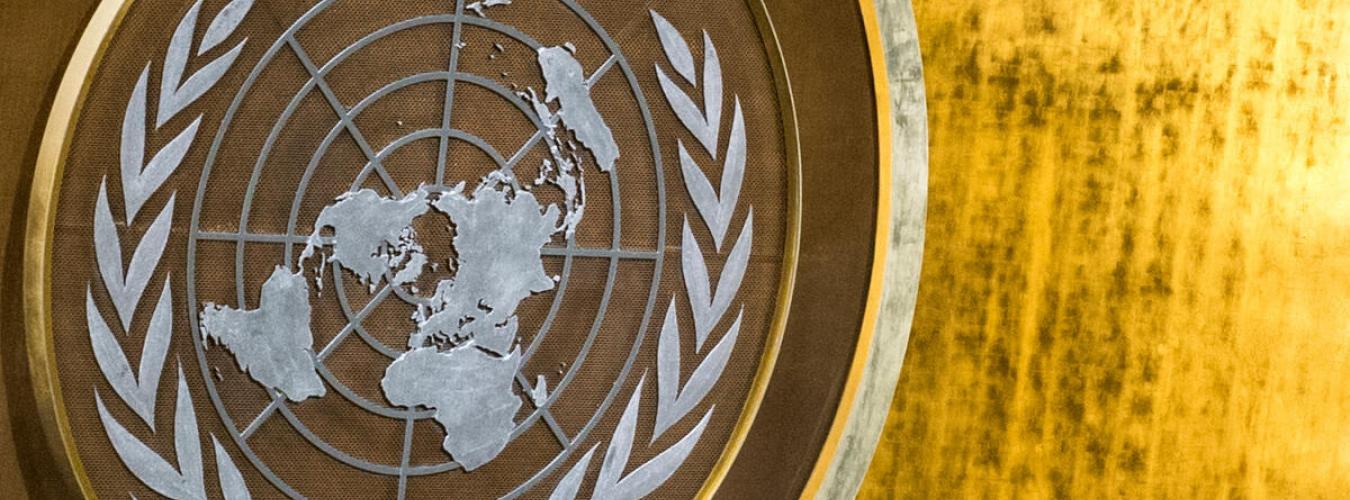United Nations Day | United Nations (original) (raw)

The United Nations emblem is a centerpiece of the UN's General Assembly Hall, where nations gather to address collective challenges.
Photo:UN/Cia Pak
A symbol of hope for global unity
United Nations Day, on 24 October, marks the anniversary of the entry into force in 1945 of the UN Charter. With the ratification of this founding document by the majority of its signatories, including the five permanent members of the Security Council, the United Nations officially came into being.
There is no other global organization with the legitimacy, convening power and normative impact of the United Nations. No other global organization gives hope to so many people for a better world and can deliver the future we want. Today, the urgency for all countries to come together, to fulfil the promise of the nations united, has rarely been greater.
UN Day, celebrated every year, offers the opportunity to amplify our common agenda and reaffirm the purposes and principles of the UN Charter that have guided us for the past 79 years.
Related links
- Learn more about the United Nations
- History of the United Nations
- Discover the UN system
- Essential UN
- Global Issues
- United Nations Anniversaries
- Sustainable Development Goals (SDGs)
Hymn to the United Nations
Get inspired by this revived W.H. Auden’s Hymn to the United Nations. "Let music for peace Be the paradigm, For peace means to change At the right time, As the World-Clock, Goes Tick and Tock. So may the story Of our human city Presently move Like music, when Begotten notes New notes beget, Making the flowing Of time a growing".
How it all started
In 1945, representatives of 50 countries met in San Francisco at the United Nations Conference on International Organization to draw up the United Nations Charter. The United Nations officially came into existence on 24 October 1945, when the Charter had been ratified by a majority of signatories. Watch history in the making with this footage from the UN archives !
Why do we mark International Days?
International days and weeks are occasions to educate the public on issues of concern, to mobilize political will and resources to address global problems, and to celebrate and reinforce achievements of humanity. The existence of international days predates the establishment of the United Nations, but the UN has embraced them as a powerful advocacy tool. We also mark other UN observances.
